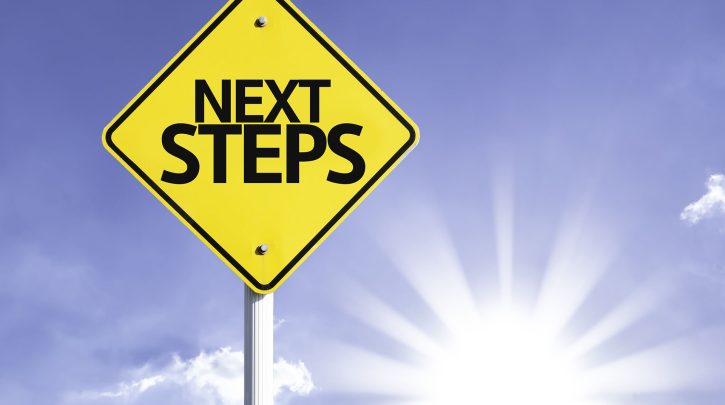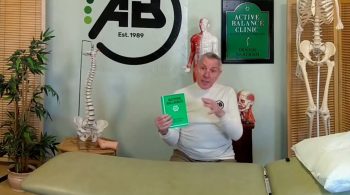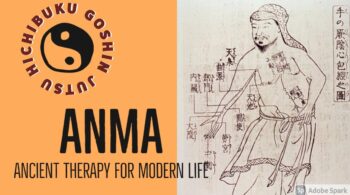Understanding Sleep Paralysis: 10 Scientifically Discovered Features
Thank you so much for your love and support and for bringing new friends to learn more with us. You might be wondering what exactly sleep paralysis is. Generally, it’s when there’s a big difference between the level of alertness versus the body’s muscle tension. Basically one is awake and aware, but unable to move or speak. The person experiencing this phenomenon may appear simply awake, but very still. Experiences reported include difficulty breathing due to a weighted chest and feelings of panic and fear. As you can imagine, this is usually considered rather unpleasant. Sleep paralysis has been a widespread point of fascination for many years. Some have claimed the cause to be stemming from a demon, spirit, and even part of the alien abduction experience. Supernatural aside, here are 10 real-world scientifically discovered features about sleep paralysis to help you understand it better. One, it happens mostly to adults.
Understanding Sleep Paralysis: Causes, Symptoms, and Timing.
It often begins in the teen years continuing into later life. Noted particularly with an increasingly stressful and sleep-deprived lifestyle. While disruptive sleep disorders, sometimes called parasomnias, are a problem for nearly 70 million Americans of varying ages, sleep paralysis is one that typically affects adults. Two, sleep paralysis is when the brain awakens before the muscles. Waking up paralyzed but lucid means your brain is awake before the rest of your body. As we sleep, our brains, with the help of neurotransmitters GABA and glycine, turn off our muscles so that we don’t act out our dreams and hurt ourselves or potentially others. Usually, the brain wakes up and turns on the muscles at the same time. When sleep paralysis occurs, it’s like the brain forgets to hit the muscle on the switch. Number three, it happens closer to morning. Too bad, mornings are hard enough. Sorry to say, but the susceptibility to episodes of sleep paralysis increases closer to waking up in the morning.
Understanding Sleep Paralysis: 5 Key Facts You Need to Know
It’s easier during these hours to snap into mental alertness while the body is finishing its deep stages of sleep. Health. com says that it’s because deep sleep is more persistent closer to the morning. It’s during this time that there is a higher probability of the brain waking before the body. Four, it can occur with other sleep disorders. Indeed sleep paralysis is not usually a loner and can be buddies with narcolepsy. Narcolepsy is a sleep disorder that is noted for causing extreme drowsiness or sleep often at very inconvenient or inappropriate times and places. It’s often visualized in Hollywood, somewhat inaccurately, as the person falling asleep in their bowl of soup. Sleeping during normal waking hours sounds familiar. Narcolepsy can often, although not always, be a contributing factor to sleep paralysis. Number five, episodes may last several minutes. While most instances of sleep paralysis are short, lasting a few seconds, some can last up to a few minutes.
Sleep Paralysis: Understanding the Terrifying Hallucinations and Vivid Memories
It’s actually possible for them to last even longer than this, but with a lower likelihood. Six, it is remembered clearly. Because the mind is alert during sleep paralysis, the experiences are remembered. The details are often terrifying and terrifyingly clear. Regular dreams and nightmares are usually forgotten or quickly fade. This is because, to the unconscious mind, the details are considered unreal, and thus unimportant. Having a waking dream is upsetting because differentiating the real from the unreal is now difficult. To add to the clarity of memory, sleep paralysis also evokes strong emotions like fear and we tend to recall such conscious emotions with more clarity. Seven, hallucinations are common and often scary. Sorry, no unicorns or rainbows.
Understanding the Terrifying Reality of Sleep Paralysis and Hallucinations.
As if the concept of sleep paralysis wasn’t unsettling enough, reports from many sufferers explain that along with the suffocating pressure felt on their chest, they also see an ominous figure like a demon or a monster sitting there. Imagine that situation. You’re unable to move. There’s a demon crushing your chest and watching you. And on top of it all you can’t tell if it’s real. Terrifying. The high level of consciousness occurring during sleep paralysis might be the reason for the hallucinations causing scary dreams about monsters to seem like visions. Eight, it happens in REM sleep. Most of our dreams take place in a stage of sleep called rapid eye movement or REM. This stage is generally reached an hour and a half after falling asleep. We cycle through REM sleep a few times over the course of a night with each time in REM getting longer, which is what makes it more likely to continue into brain wakefulness, which of course usually happens closer to morning. Nine, it is genetic.
Genetics Play a Role in Sleep Paralysis, but Prevention is Possible, Says Study.
Maybe that odd uncle wasn’t so odd. If you have a family member who has experienced sleep paralysis, then your chances of experiencing it are higher. This shows that there may be a link between sleep paralysis and genetics. “The Journal of Sleep Research” completed a twin study and concluded that the genetic influence is just over 50%. And 10, it can be prevented. In order to prevent sleep paralysis from happening, it’s important to know what triggers it, namely things like sleep deprivation, anxiety, depression, and certain types of medication. There are also several lifestyle habits that help to prevent episodes. Some of these include having a consistent sleep and wake schedule and a sleeping environment, which is without uncomfortable extremes. This means quiet, dark, and a moderate temperature. Sweet dreams. If you want to know more about sleep paralysis, check out our video on our YouTube channel called, if you get sleep paralysis, don’t open your eyes.
Understanding and Coping with Sleep Paralysis Episodes: Insights and Personal Experiences
Do you have any experiences with sleep paralysis episodes? Does this help with understanding how to deal with it? If this video makes you think of someone who might help, please share it. We welcome comments and feedback. Also likes shares and subscriptions. As always, thanks for watching and we’ll see you next time…
Read More: Natural Foods and Beverages That Help Improve Sleep Quality
Read More: How To Improve Your Memory RIGHT NOW!





